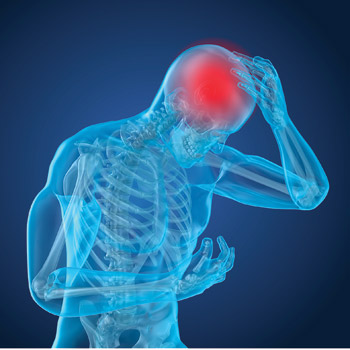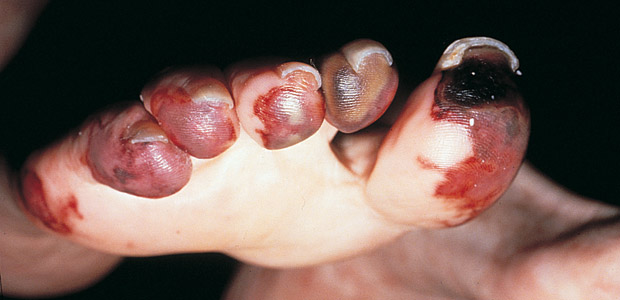No easy fix for concussion diagnosis, management
This issue also covers medical school debt trends, changes to hospital payments, and how to construct a patient narrative.
Reports of damage from head injuries among professional athletes have received increased media attention over the past few years, perhaps leading to a sort of ripple effect among patients with everyday injuries. Internists, in particular, may have noticed an increase in the number of worried patients presenting with what amount to garden-variety bumps to the head. Yet despite the increased coverage, and a diagnostic blood test recently approved for marketing, experts report that much about diagnosis and treatment of concussion hasn't changed: A thorough history and physical and cognitive rest remain key. Our story in this issue takes a look at the latest in management of this condition.
How to pay for medical school can be top of mind for many future physicians, but lately the landscape appears to have been shifting. More students have been graduating without carrying any debt, although the reasons for this are unclear, and the structure of some loan forgiveness programs is being reconsidered. Then, too, medical schools themselves are helping to lighten the load by offering three-year programs or, in some cases, free tuition. What effects could these changes and potential changes have on the physician workforce, particularly primary care? Read our story to learn more.
Our conference coverage this month is from Southern Hospital Medicine 2018, which was held last October in Atlanta. We covered one hospital medicine leader's vision of the future. And, read about why pulmonary embolism needs to be taken seriously as a potential primary cause of syncope.
Patients who have experienced trauma, even as children, can see those effects manifested in their physical health. Framing diagnosis and treatment to try to get to the root causes of patients' problems can help break the cycle and improve well-being, experts say. Our story discusses how adverse childhood experiences and other types of trauma can affect health, how trauma-informed care can help patients heal from past events and current illnesses, and how practices can adjust to take trauma into account.
Finally, we cover this year's Jefferson Lecture in the Humanities, which was delivered by ACP Member Rita Charon, MD, PhD. Dr. Charon, who is the founding chair and professor of medical humanities and ethics and professor of medicine at Columbia University Irving Medical Center in New York City, described the three skills of narrative medicine that can help provide a unique picture of each patient's experience: attention to the patient, representation of the patient, and affiliation with the patient.
We welcome your comments on this issue. Please send them to immatters@acponline.org.
Sincerely,
Jennifer Kearney-Strouse
Executive Editor





